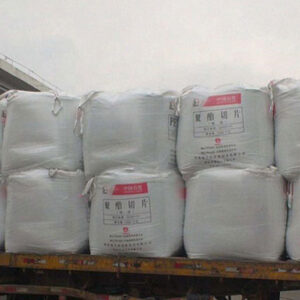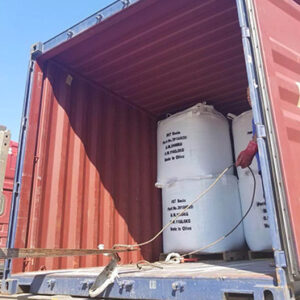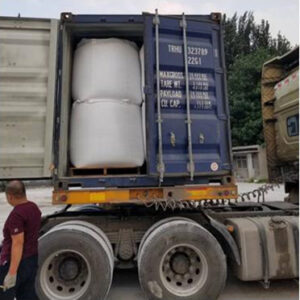What is PET Chips
PET chips is also known as polyethylene terephthalate, polyester chips and PET resin. It is a crystalline saturated polyester with a smooth and shiny surface. Its appearance is a milky white or pale yellow, highly crystalline polymer. PET resin has excellent physical and mechanical properties, the long-term use temperature can reach 120 ° C, and the electrical insulation is excellent. Even at high temperature and high frequency, its electrical properties, creep resistance, fatigue resistance, friction resistance and dimensional stability are also very good. In a word, PET chips resin has many characteristics, such as excellent crystallinity, low processing temperature, wide processing range, etc.
According to the uses, polyester chips can be divided into fiber grade PET chips, bottle grade PET chips, and film grade PET chips. Of course, their process indicators are also different. Moreover, It is widely used in the textile industry, packaging industry, electronic appliances, medical and health care, construction, automobile and other fields. Among them, packaging is the largest non-fiber application market for polyester chips, and it is also the fastest growing field of PET. As a leading supplier, Fengbai can provide high-quality bottle grade & textile grade PET resin and factory price for all the customers.
PET Chips Bottle Grade
Main Applications: Drinking bottled water, edible oil, condiments, candy bottles and other packaging bottles, PET sheets, etc.
Raw Materials: PTA, MEG, IPA
Features: PET resin has excellent processing performance, high barrier properties and good processing characteristics, and a wide range of applications. Generally, these products are made of polyester chips have the characteristics of high transparency, environmental protection, and high production efficiency. Therefore, PET chips resin have become the preferred raw material in the fields of drinking bottled water, edible oil, condiments, PET sheets, candy bottles and other packaging bottles, etc.
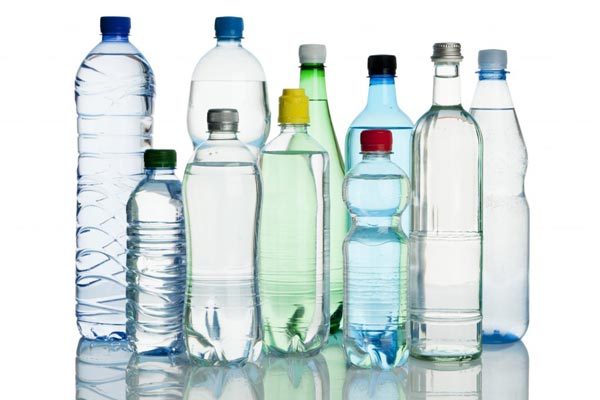
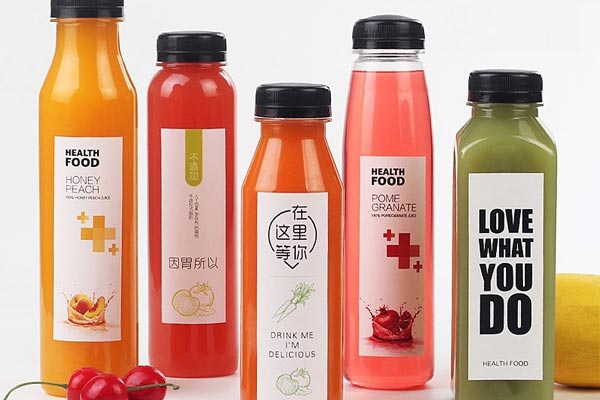
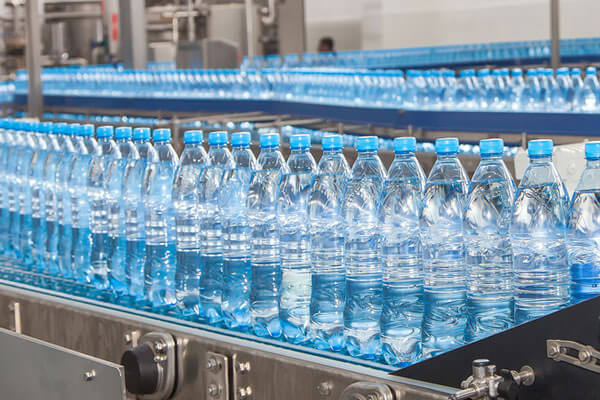
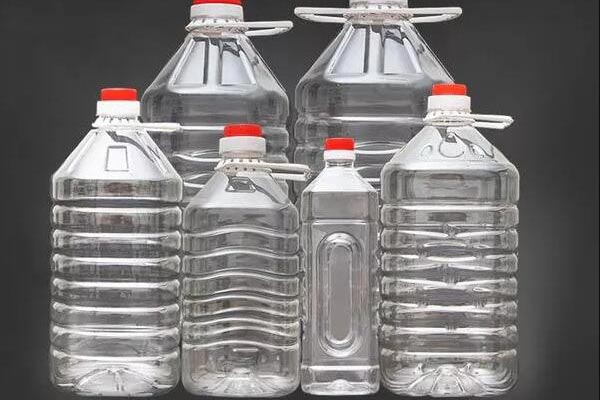
| Item | Water Bottle Grade | Oil Bottle Grade | Carbonated Bottle | Hot-Filled Bottle | |
|---|---|---|---|---|---|
| Intrinsic Viscosity, dL/g | 0.800±0.015 | 0.830±0.015 | 0.875±0.015 | 0.780±0.015 | |
| Acetaldehyde, ppm ≤ | 1.0 | 1.0 | 1.0 | 1.0 | |
| Color | B value ≤ | 1.0 | 1.0 | 1.0 | 1.0 |
| L value ≥ | 84 | 84 | 80 | 80 | |
| Diglycol, % | 1.30±0.2 | 1.3±0.2 | 1.3±0.2 | 1.3±0.2 | |
| Terminal Carboxyl, mol/t ≤ | 35 | 35 | 35 | 35 | |
| Density, g/cm3 | 1.40±0.01 | 1.40±0.01 | 1.40±0.01 | 1.40±0.01 | |
| Melting point, ℃ | 243±2 | 243±2 | 243±2 | 249±2 | |
| Moisture, % ≤ | 0.2 | 0.2 | 0.4 | 0.4 | |
| Ash, % ≤ | 0.08 | 0.08 | 0.08 | 0.08 | |
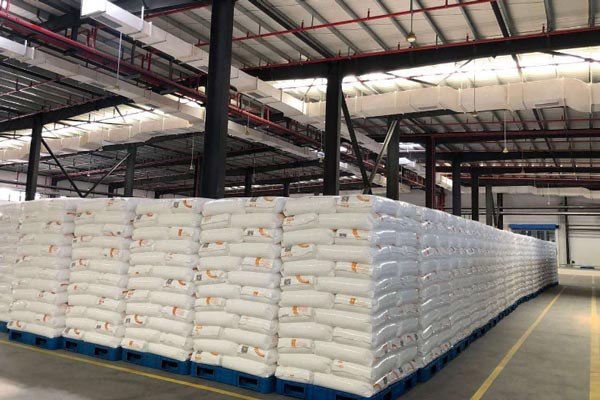
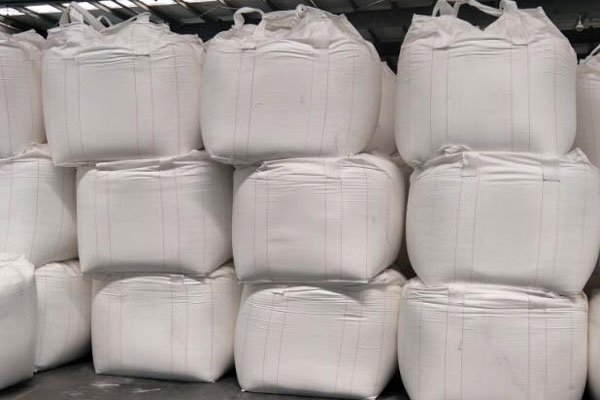
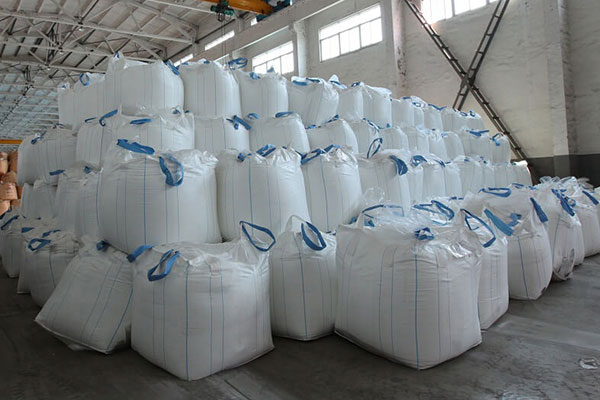
PET Resin Textile Grade
In textile industry, the fiber grade PET resin can be also called filament grade or textile grade PET chips. Textile grade PET resin can be used to make polyester filaments such as POY, FDY and staple fibers, etc. And it is the raw material for polyester fiber enterprises to process fibers and related products.
Textile grade PET chips are available in super bright (BR chips), semi dull (SD chips), cationic semi dull and cationic super bright PET resin (CD Chips). The process of making polyester chips resin nvolves mixing thermoplastic polyester resin material with alumina trihydrate (ATH) filler and pigment (if desired) in a heated extruder to produce a continuous stream of thermoplastic agglomerates. The product is cooled and then cut, ground and sieved to predetermined dimensions as needed to meet the dimensional characteristics of the desired PET resin product.
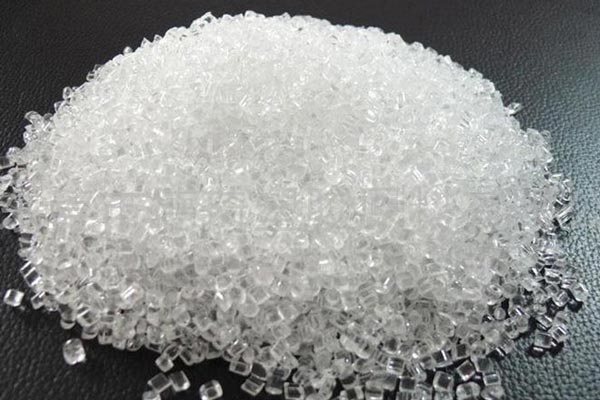
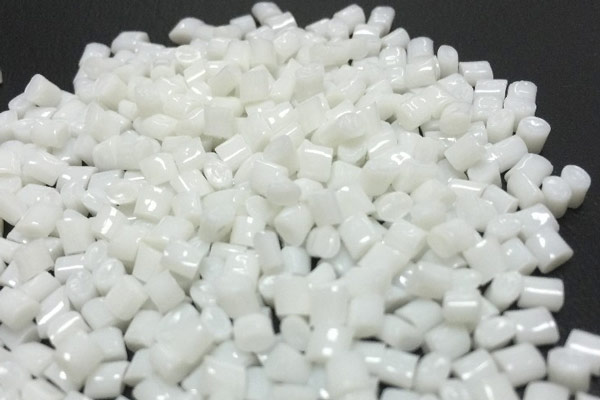
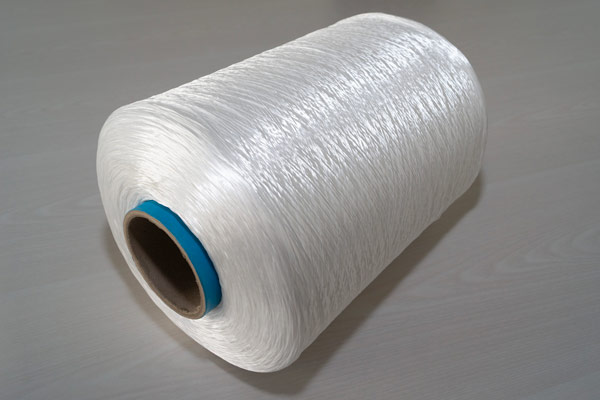
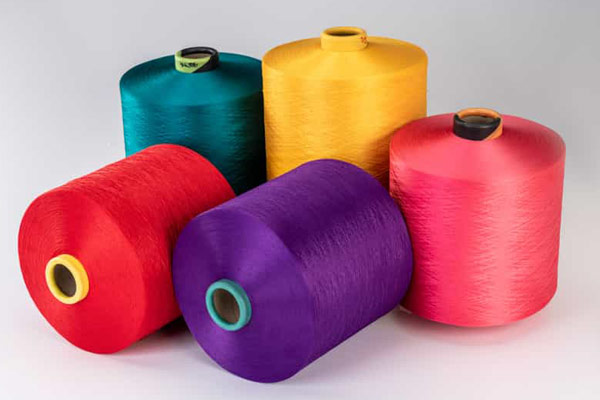
| Luster | Intrinsic Viscosity (dl/g) | Color L Value | Color B Value | Melting Point ℃ | DEG % | Tio2 Content % |
|---|---|---|---|---|---|---|
| Super Bright(SB) | 0.640 ± 0.020 | 53.0 ± 3.0 | 1.5 ± 1.5 | 251.0 ± 2.0 | 1.45 ± 0.2 | ------ |
| Semi Dull (SD) | 0.640 ± 0.010 | 75.0 ± 2.0 | 1.3 ± 1.0 | 257.0 ± 2.0 | 1.36 ± 0.10 | 0.33 ± 0.05 |
| Cationic Dyeable(CD) | 0.520 ± 0.020 | 64.0 ± 3.0 | 2.8 ± 2.0 | 242.0 ± 3.0 | 3.50 ± 0.50 | 0.10 ± 0.05 |
| Flame Retardant(FR) | 0.690 ± 0.020 | 62.5 ± 4 | 4.2 ± 3.0 | 238.5 ± 3.0 | 3.30 ± 0.70 | 0.60 ± 0.10 |

